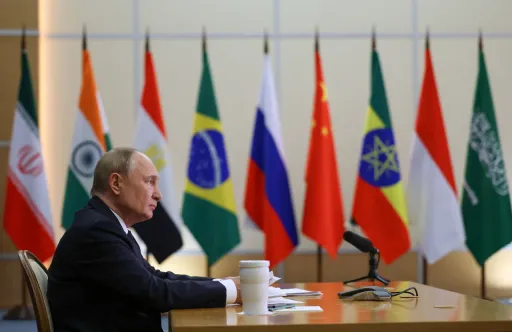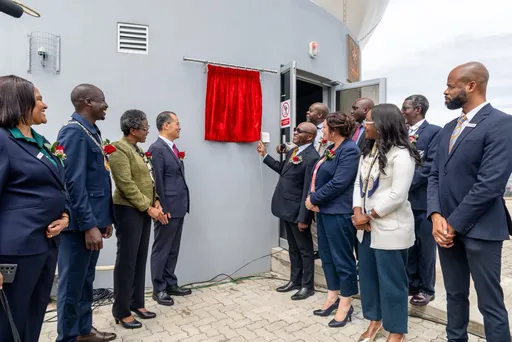Newly sworn-in Nigerian President Bola Tinubu is taking over the reins of Africa’s largest economy at a time many citizens are bearing the brunt of unemployment and high cost of living.
The 71-year-old took the oath of office at the Eagle Square in the capital Abuja on Monday in a ceremony attended by several heads of state from the continent, including South Africa’s Cyril Ramaphosa and Algeria’s Abdelmadjid Tebboune.
In his oath, Tinubu pledged to respect the constitution and discharge his presidential mandate objectively.
In his inauguration speech, the president said he will scrap the longstanding subsidy on petroleum products, reduce interest rate, harmonise taxation, create one million new jobs, build agricultural hubs and make the cost of power more affordable.
At the same time, Tinubu said he will streamline the currency exchange rates and come up with policies that favour domestic manufacturing to reduce dependency on imports.
“I will not allow my personal interests to influence my official conduct or my official decisions,” he said during oath-taking.
His remarks come on the back of high unemployment rate in Nigeria, with audit firm KPMG stating that the country’s unemployment index in 2022 stood at 37.7 per cent, which could rise to 40.6 per cent by the end of 2023.
New Nigerian Vice-President Kashim Shettima also took the oath of office on Monday to assist Tinubu fulfil his manifesto.
Tinubu is taking over from Muhammadu Buhari whose second and final term ended on May 29.
The retired president gave a positive review of his time in office, saying he made significant efforts in containing militant groups and improving Nigeria’s economy.
His critics, however, say Buhari leaves behind a country in need of economic resuscitation.
As Tinubu’s reign begins, a petition challenging his victory in the February 25 presidential election is hanging over his head.
Opposition candidates Atiku Abubakar and Peter Obi filed petitions before Nigeria’s election tribunal seeking to have Tinubu’s win nullified, citing multiple electoral irregularities.
A verdict on the petitions, whose hearings begin on May 30, is expected within six months.
Tinubu, the former governor of Lagos credited for transforming the commercial capital, ran on the All Progressives Congress (APC) Party ticket.
He garnered 8.79 million votes to defeat Atiku Abubakar of the People’s Democratic Party (PDP), who got 6.98 million votes, and Peter Obi of the Labour Party, who came third with 6.1 million votes.
“This [power] handover symbolises our trust in God, our enduring faith in representative government and our belief in our ability to reshape this nation into a society it was always meant to be," President Tinubu said in his inauguration speech.
Read more: Bola Tinubu: What Nigerians expect from their new president






















